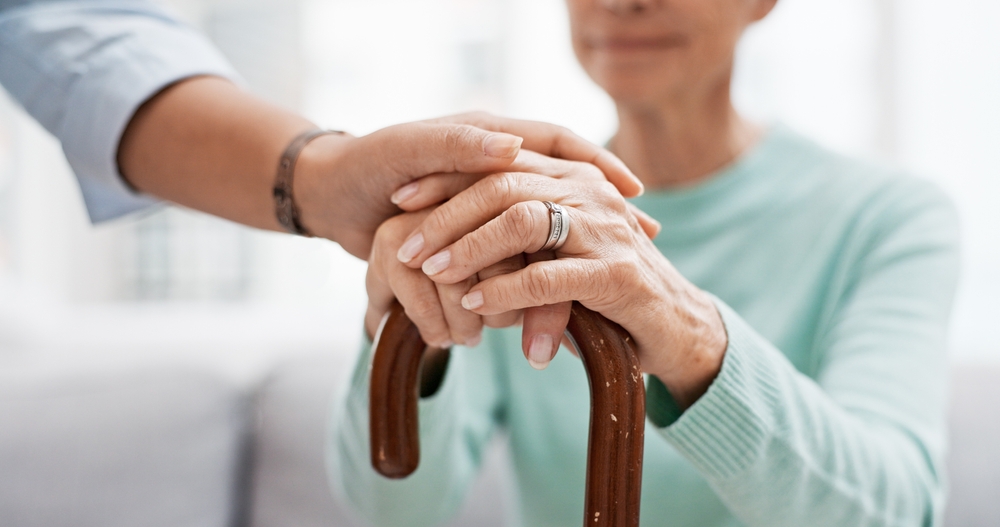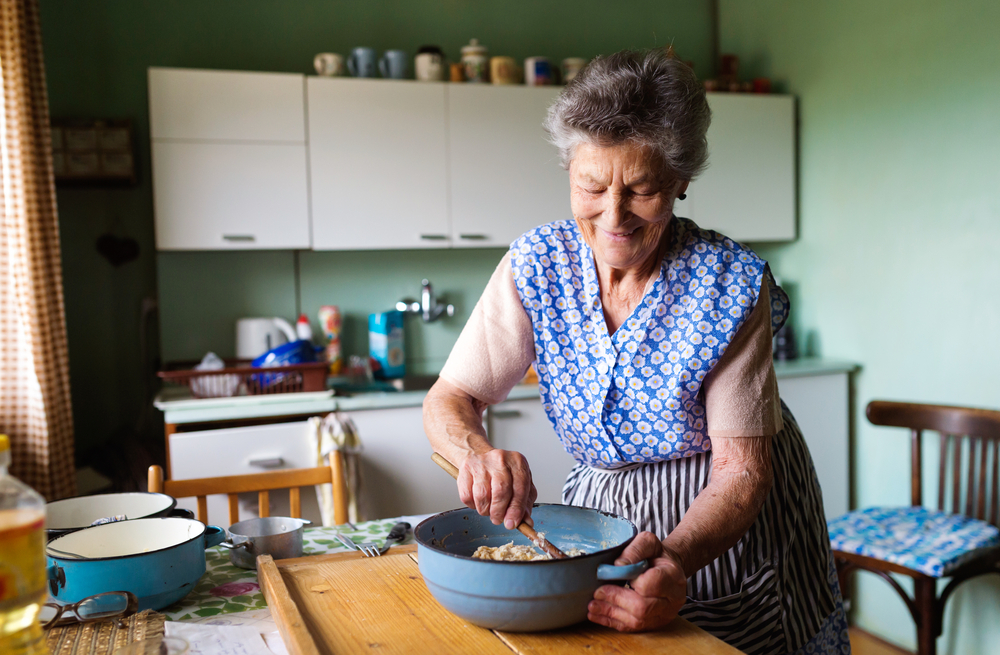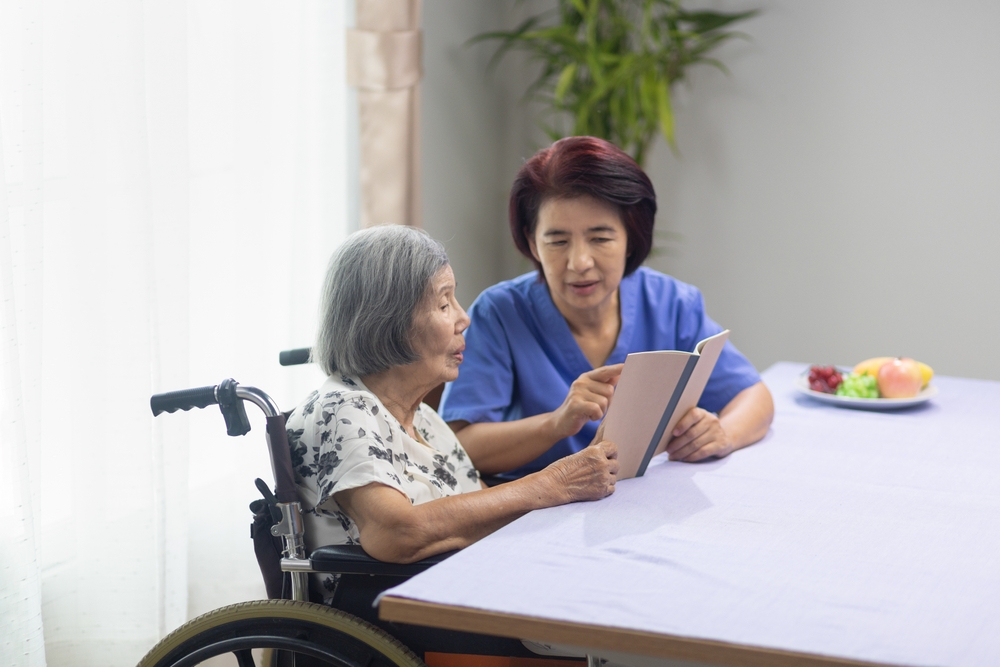At My Doctor’s Inn in Sterling Heights, MI, we understand the importance of financial planning for seniors. Managing finances effectively is crucial for residents to feel secure and enjoy a comfortable lifestyle in assisted living. Here, we provide practical budgeting tips tailored specifically for senior citizens in assisted living to ensure they make the most of their resources.
Creating a Comprehensive Budget
The first step in effective financial management is creating a comprehensive budget. We assist our residents in outlining all their income sources, including pensions, Social Security benefits, retirement accounts, and any other investments. Expenses are categorized and tracked, from housing costs that are inclusive in their assisted living fees to personal spending and medical expenses. This detailed approach helps residents understand their financial landscape and manage their monthly cash flow effectively.
Prioritizing Essential Expenses
Prioritizing expenses is key to maintaining financial health in assisted living. Essential expenses such as healthcare, medication, and personal care supplies are prioritized to ensure that our residents’ well-being is not compromised. We encourage residents to allocate funds for these essentials first and then consider discretionary spending on hobbies, entertainment, and other non-essential items. This prioritization helps prevent financial strain and ensures that all basic needs are adequately covered.
Utilizing Available Financial Resources
Many seniors may not be aware of all the financial resources available to them. At My Doctor’s Inn, we provide guidance on accessing benefits such as veterans’ benefits, Medicaid, and other government programs that can help cover the costs of assisted living. Our staff also offers assistance in understanding and applying for these programs, ensuring that our residents can take full advantage of any financial support for which they are eligible.
Monitoring and Adjusting Budgets Regularly
Financial situations can change, and regular monitoring of budgets is essential to adapt to any shifts in income or expenses. We encourage our residents to review their budgets periodically with the help of family members or financial advisors. This regular review helps identify any areas where adjustments may be needed, whether it’s cutting unnecessary expenses or reallocating funds to cover a new hobby or interest that enhances their quality of life at My Doctor’s Inn.
Conclusion: Financial Wellness at My Doctor’s Inn
At My Doctor’s Inn, we are dedicated to supporting our residents in achieving financial wellness. Our approach to budgeting tips and financial planning is designed to provide senior citizens with the knowledge and tools they need to manage their finances confidently while enjoying the full benefits of life in assisted living. If you or your loved one values a senior living community that prioritizes both care and financial guidance, consider My Doctor’s Inn in Sterling Heights, MI. We are committed to ensuring our residents not only live comfortably but also manage their finances effectively to enjoy their golden years without financial worry.










